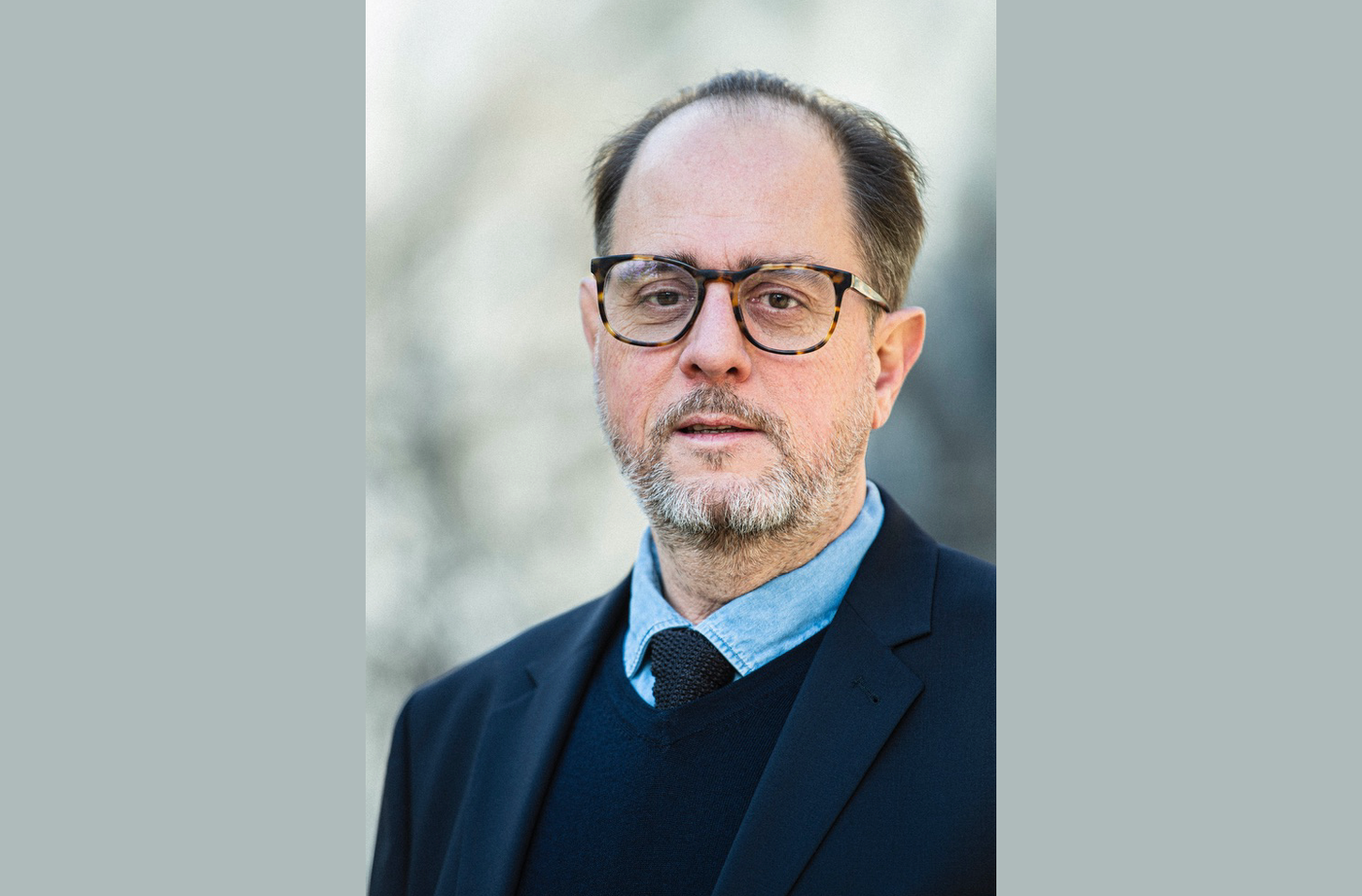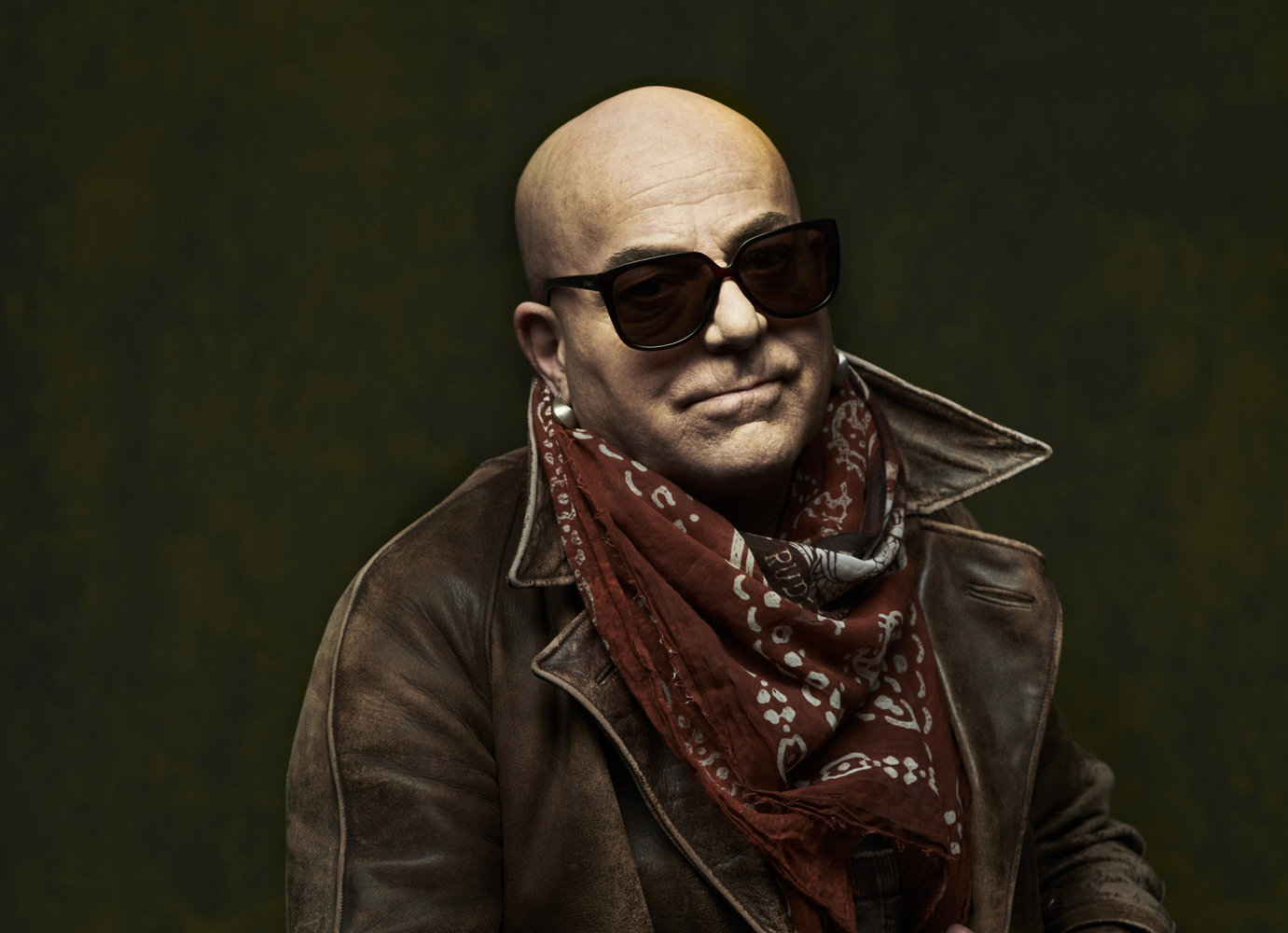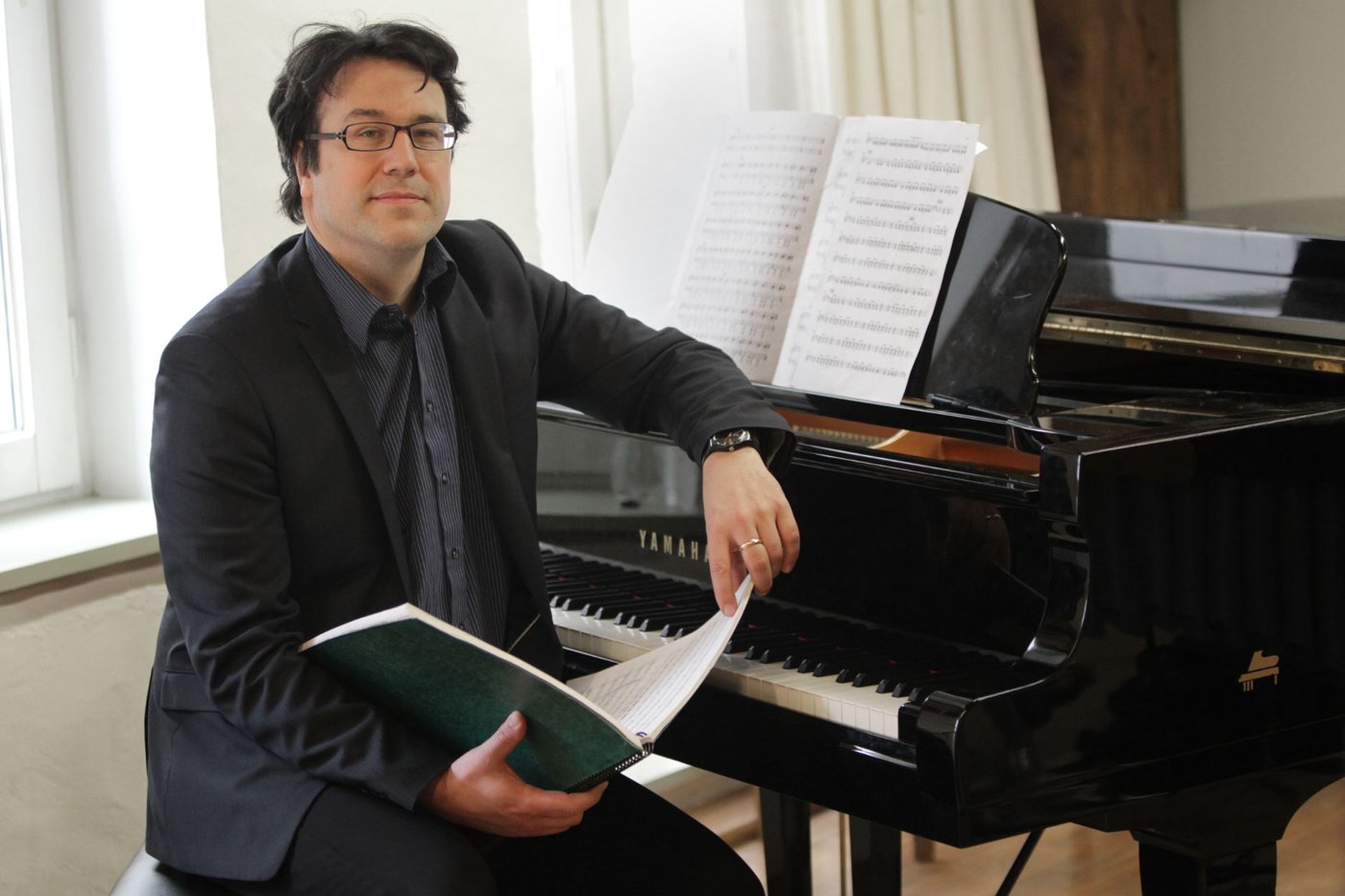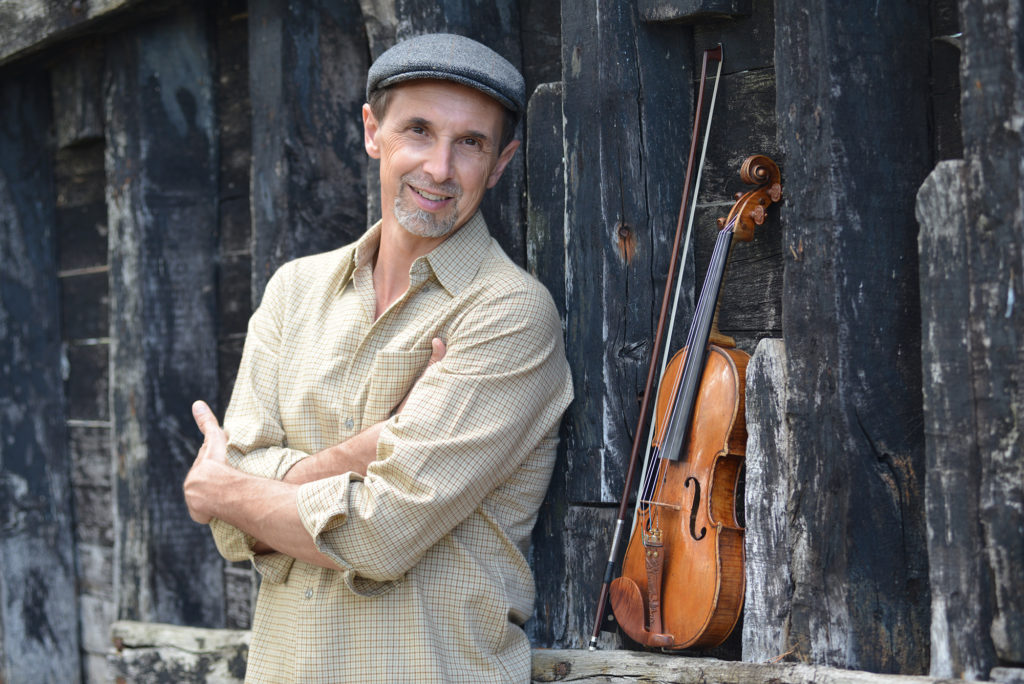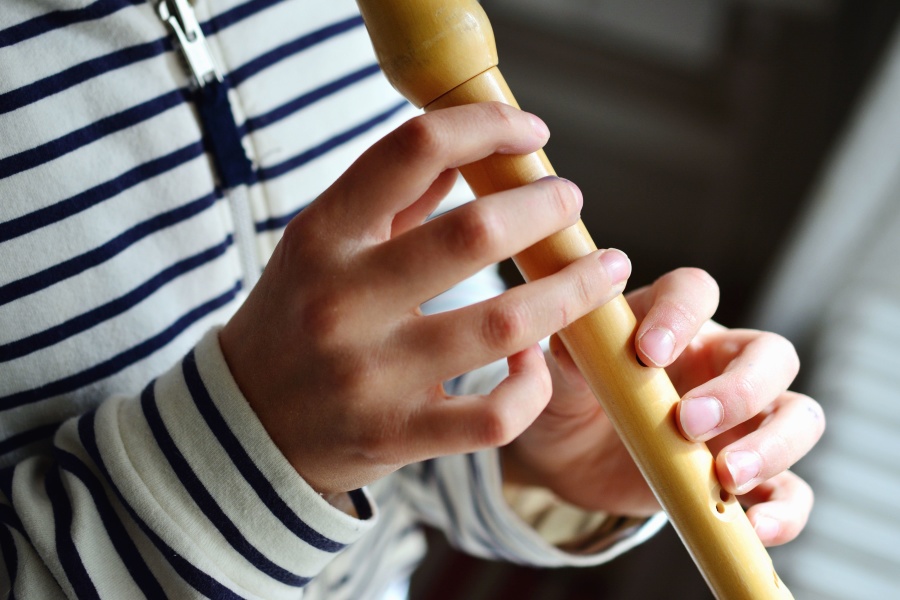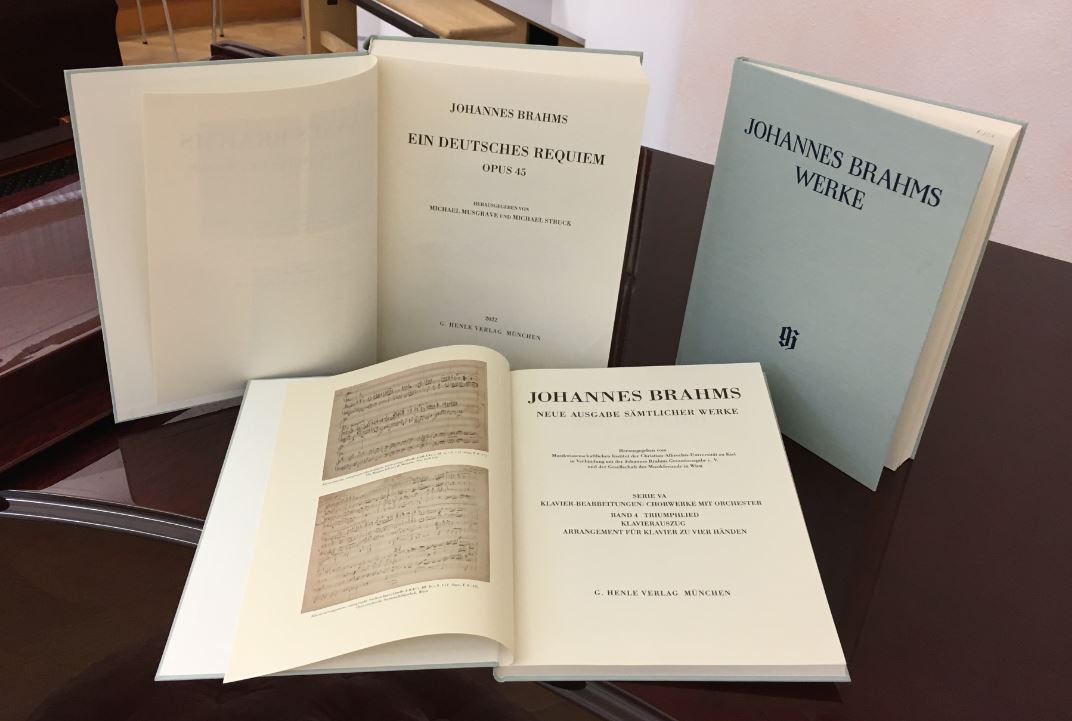City contribution to the Bern Conservatory
Bern's municipal council, the city's executive body, has approved the 2023 service agreement with the Bern Conservatory Music School Foundation (konsibern). konsibern's services will be remunerated with CHF 3.84 million.
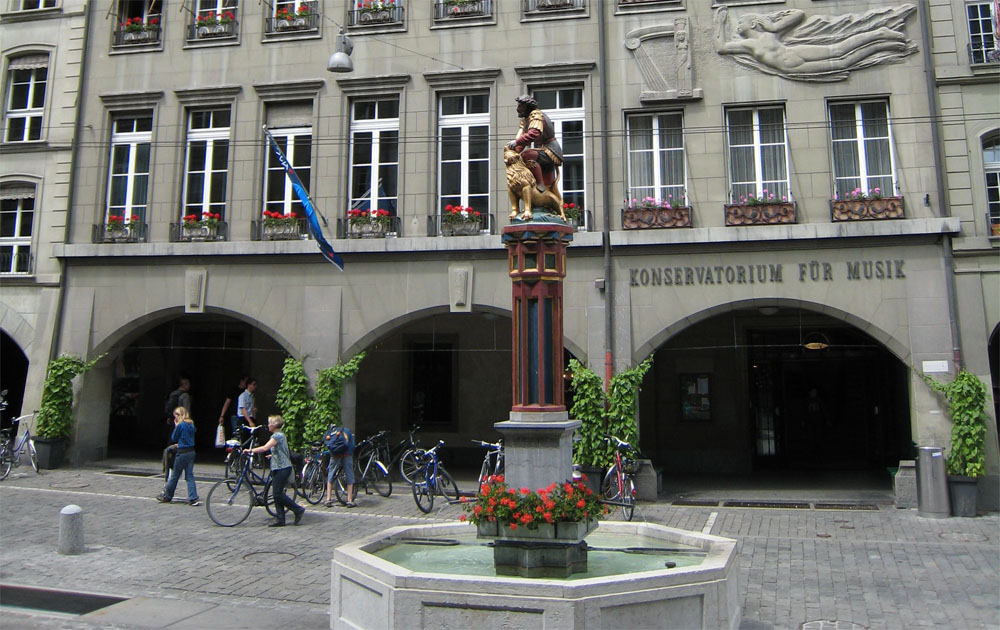
The support includes additional costs of CHF 213,000, which are due to an increase in the number of pupils and an increase in teachers' salaries, writes the city. The funds have already been approved by the voters of the city of Bern as part of the budget vote on November 27, 2022.
The Bern Music School was founded in 1858 by the Bern Music Society BMG. In 1892, professional musical training for teacher candidates was integrated, which led to the renaming of the school as the "Bern Conservatory of Music" in 1927. After the founding of the Bern University of the Arts HKB, the general music school department became an independent institution. The Bern Conservatory Music School Foundation was established. Since then, Konsibern has seen itself as a competence center for amateur music-making.








